Benefits for countries of leapfrogging markets to energy-efficient products
By moving markets to energy-efficient appliances and equipment, countries will be able to reduce national electricity consumption, curb greenhouse gas emissions and benefit from many other financial and economic savings. The world map highlights the potential savings for each country.
By joining U4E countries will benefit from a range of tailored services. Partnering with U4E provides more information on the benefits of partnering for countries and how to join U4E.
An integrated policy approach
Countries will achieve an effective and fast transition to efficient products by using an integrated policy-approach, developed and proven under the en.lighten initiative. This approach ensures that all pertinent policy aspects are considered in the development and implementation of a national or regional strategy for efficient appliances and equipment.
The integrated policy approach includes:
- Minimum energy performance standards (MEPS) to ensure the efficiency and quality of energy-saving products available in the marketplace;
- Supporting policies and mechanisms to restrict the supply of inefficient products, promote the demand for energy-efficient products, and assist consumers, businesses, and manufacturers in overcoming barriers in the transition to energy-efficient products;
- Monitoring, verification and enforcement (MVE) programmes to discourage the distribution of products non-compliant with national MEPS;
- Environmentally sound life-cycle management for used products containing electronic waste, ozone-depleting substances and persistent organic pollutants.

The brochure “Leapfrogging your country to energy-efficient lighting, appliances and equipment” explains the building blocks of the integrated policy approach.
Countries should determine how the elements of the integrated policy approach fit within their national context.

